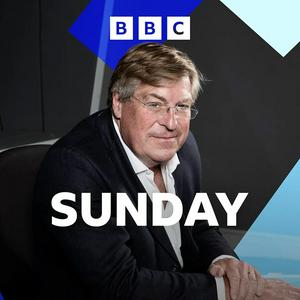Churches across the country are bracing themselves for a significant new financial challenge. Until now, they’ve been able to reclaim VAT on essential repairs for everything from leaky roofs to dilapidated towers. But from April, that protection goes, and they'll have to pay a 20-per-cent tax to the government. William Crawley speaks to Sir Philip Rutnam, Chair of the National Churches Trust.
At the start of the year, the Jamia Usmania mosque in Bradford posted a video on social media of its pilates class for older men, and it went viral. William hears from the mosque’s general secretary Mohammed Ilyas and pilates instructor Zafar Kayani and tries a few pilates moves in the studio.
Over the past few weeks, we’ve devoted a series to faith and Gen Z: rising Bible sales, social media influencers, and the online “orthobro” phenomenon. We've also previously reported on the battle between statisticians about whether or not the data points to a "quiet revival". But this week, Humanists UK offered a new analysis of the British Social Attitudes Survey which, they say, ends the debate once and for all. To explore what’s really going on, we hear from Andrew Copson, Chief Executive of Humanists UK and Linda Woodhead, professor of Theology and Religious Studies at King’s College London.
PRESENTER: William Crawley
PRODUCERS: Katy Davis & James Leesley
STUDIO MANAGERS: Mike Smith & Lyndsey Akehurst
EDITOR: Dan Tierney


